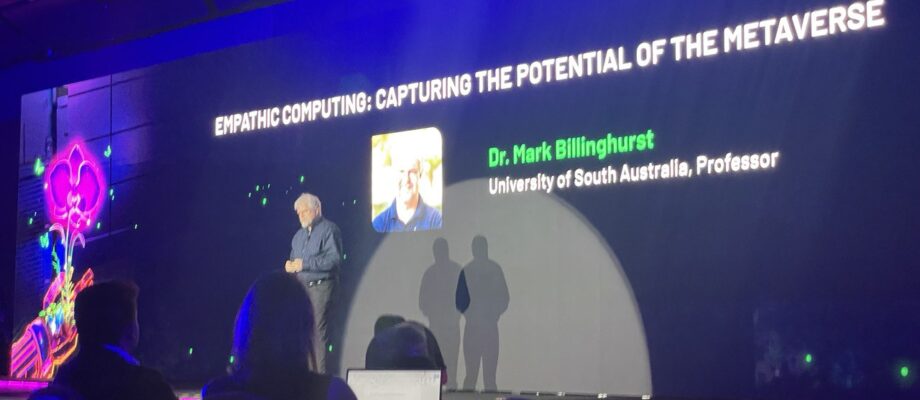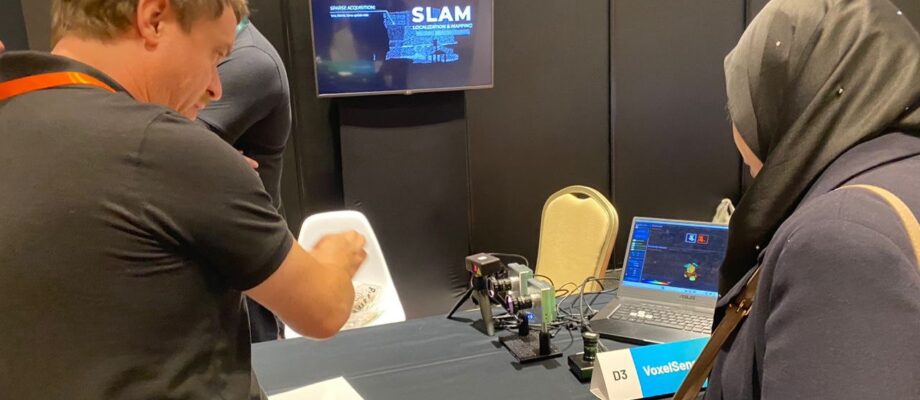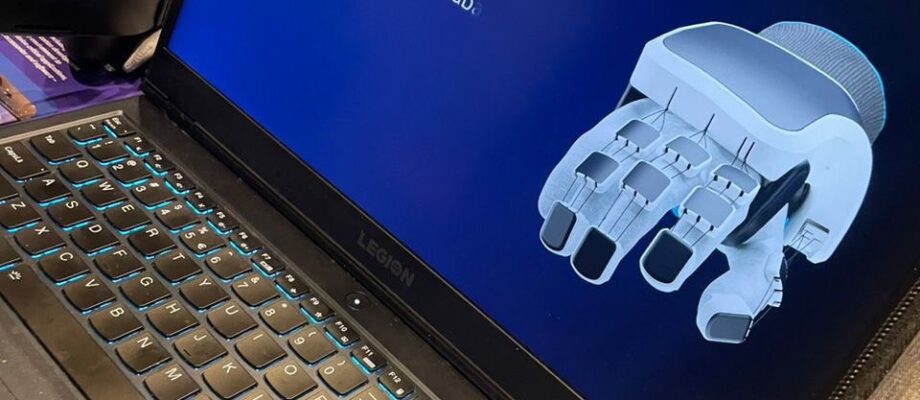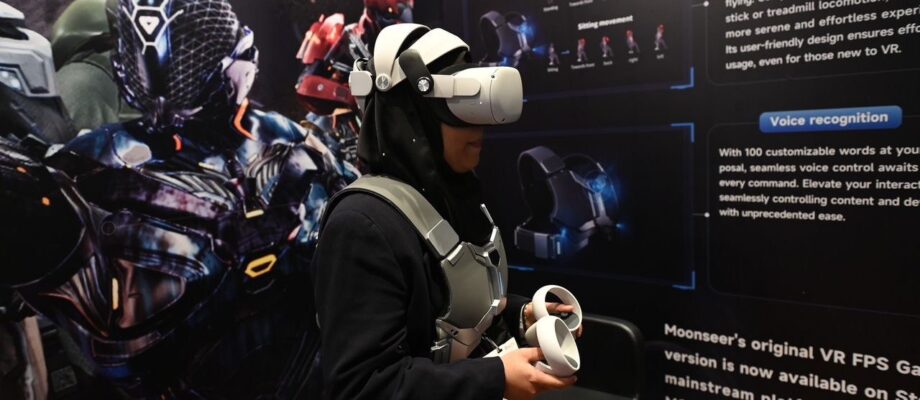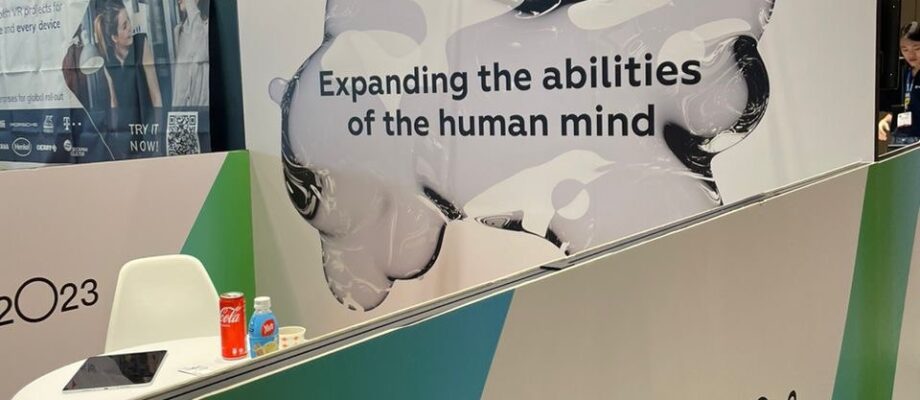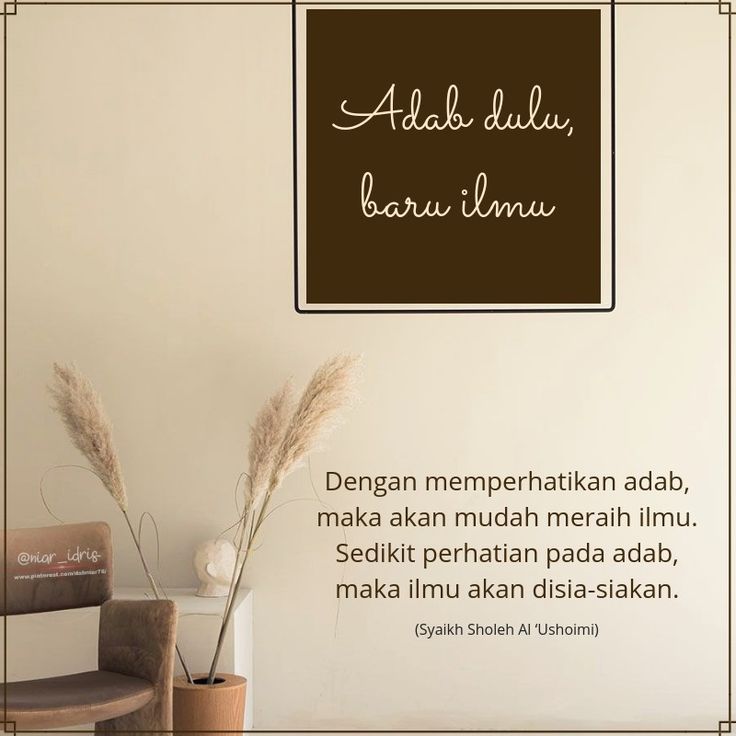
Ethics and good manners (adab) are the foundation of being a university lecturer. They’re not just about following rules but about treating others with respect and integrity. When a lecturer upholds strong ethics, they set a positive example for their students and colleagues, creating an environment where trust and learning can thrive.
Influence on the Academic Ecosystem
- Building Trust with Students: A lecturer’s ethical behavior helps build trust with students. When students see their lecturer treating them fairly and with respect, they are more likely to trust them and feel comfortable seeking guidance. This trust is essential for creating a productive learning environment.
- Influence on Student Performance: When lecturers are fair and transparent, especially in assessments, students feel motivated to improve. Clear, honest feedback helps students know where they stand and how they can progress, leading to better performance.
- Credibility of the Lecturer: A lecturer’s reputation is built on their credibility. Acting with honesty and fairness in teaching, research, and everyday interactions strengthens this credibility, making them a respected figure in the academic community.
Challenges & Solutions in Upholding Ethics and Conduct
- Navigating Boundaries with Students
- Challenge: Developing a strong connection with students is important, but it’s easy for boundaries to blur. A lecturer must find the balance between being approachable and maintaining professionalism to avoid favoritism or misunderstandings.
- Solution: Setting clear expectations for student-lecturer relationships helps keep things professional while still fostering a supportive learning environment. Open communication about boundaries can prevent issues from arising.
- Pressure from Academic Responsibilities
- Challenge: With increasing pressure to publish research and achieve academic milestones, lecturers might face ethical dilemmas, such as the temptation to cut corners or engage in questionable research practices.
- Solution: Universities can provide support through ethics workshops, mentoring, and mental health resources to help lecturers manage stress and avoid compromising their values under pressure.
- Conflict of Interest
- Challenge: Lecturers may face situations where personal, financial, or professional interests conflict with their academic responsibilities. For example, accepting research funding from organizations that might influence their research outcomes, or offering private tutoring to their own students, can create ethical dilemmas and raise concerns of favoritism or bias.
- Solution: Lecturers should openly disclose any potential conflicts of interest to their university and colleagues, particularly when accepting funding from external organizations or engaging in professional activities outside their academic role. Clear communication helps prevent suspicions of bias and allows the institution to make informed decisions about any necessary restrictions.
- Time Constraints and Overload
- Challenge: Heavy workloads can cause lecturers to rush through tasks or take shortcuts, leading to reduced attention to detail in grading, feedback, or student interactions. This rush can inadvertently result in unfair treatment, errors, or overlooking students’ individual needs.
- Solution: Lecturers can mitigate overload by improving their time management skills. Prioritizing tasks based on urgency and importance, setting realistic goals, and breaking down larger projects into manageable parts can reduce stress and help maintain the quality of work. Lecturers should feel empowered to say no to additional responsibilities that exceed their capacity. By setting firm boundaries, they can ensure they have enough time to focus on key teaching and research duties without becoming overwhelmed.


